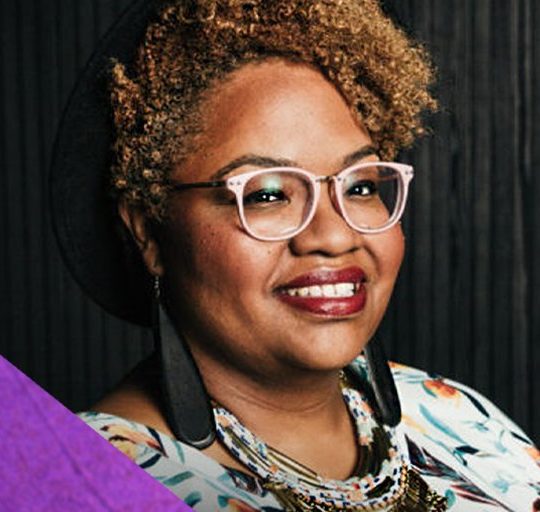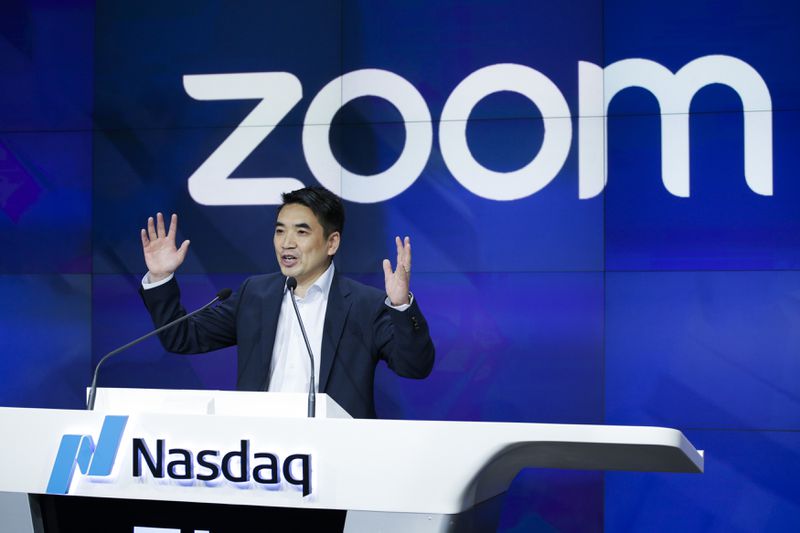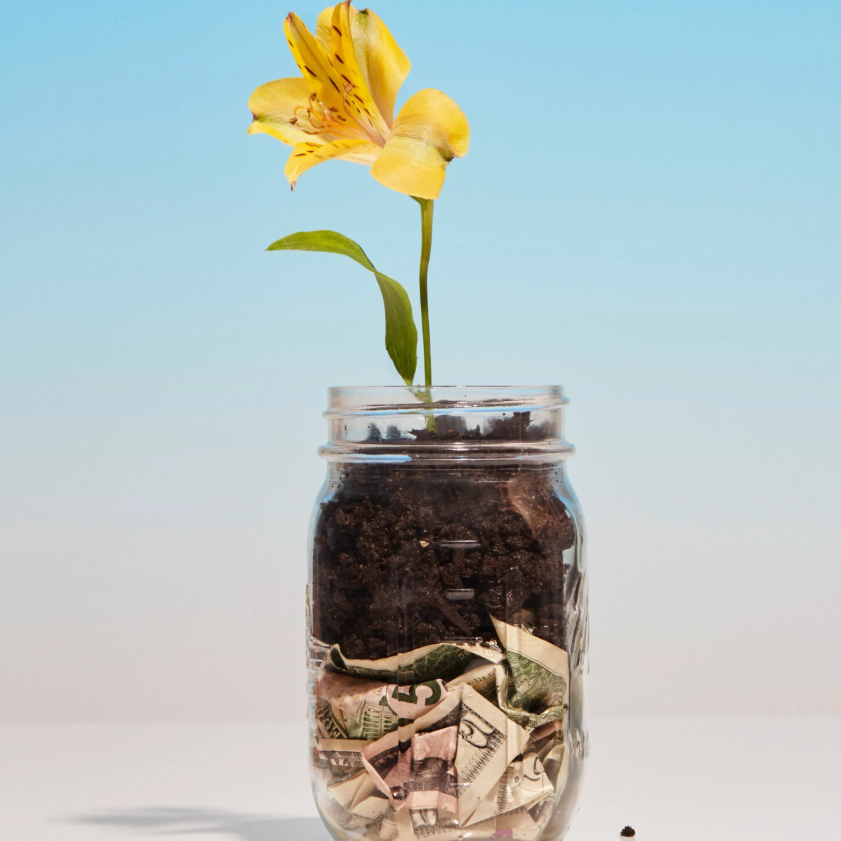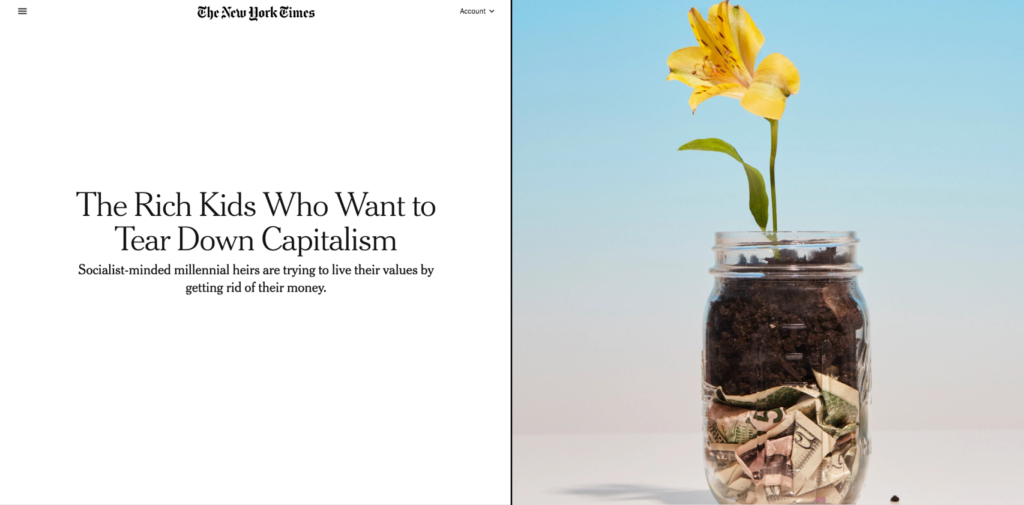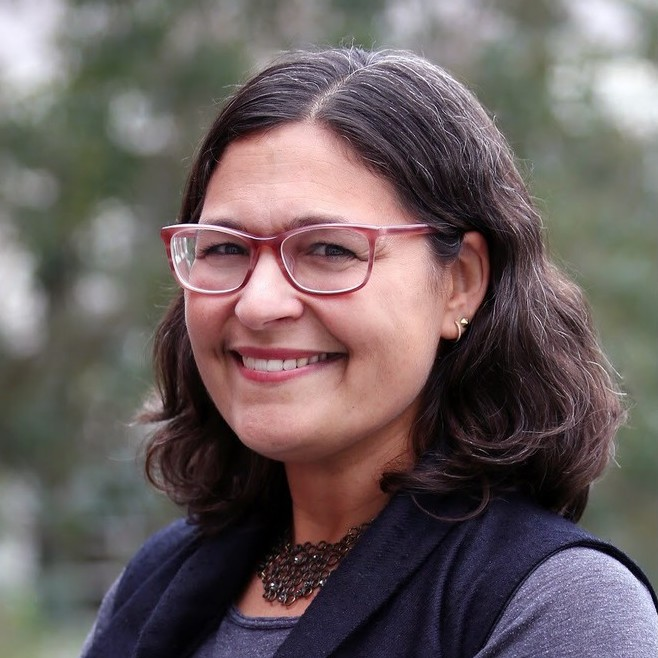Month: December 2020
Lessons Learned from the Janisha R. Gabriel Movement Protection Fund
Lessons Learned from the Janisha R. Gabriel Movement Protection Fund
Solidaire launched the Janisha R. Gabriel Movement Protection Fund in September 2020 in direct response to our movement partners telling us about the urgent and immediate needs of movement leaders who were facing heightened risks, threats of violence and increased dangers due to the U.S. political climate in 2020.
We recognized that the movements in defense of Black lives were particular targets of increased state repression, vigilante violence and cyberattacks, and that trusted providers of security, legal and protection services should also be bolstered during this period.
Solidaire committed $1m to this fund as part of immediate needs from our Black Liberation Pooled Fund to ensure that the leaders and organizers associated with social movements fighting for collective liberation have the resources they need immediately for personal security and protection.
The criteria for the Movement Protection Fund were:
• Furtherance of Solidaire’s charitable purposes of serving and protecting social movements and their leaders.
• Funds to be utilized within the next 1-3 months towards the infrastructure and security support needs of movement organizations and their leaders.
• Funds to be utilized especially by movement leaders and organizations within the movement ecosystem targeted by threats and acts of violence and intimidation.
A committee of both staff and Solidaire members reviewed each application. Due diligence was conducted by Solidaire and, on average, decisions were made within 48 hours. Resources then moved within 7.5 days from initial submission to payments posting.
As of the closing of the fund, over $2.2M in urgent protection funding was moved to 44 organizations, collectives and individuals working in movements for liberation. The average grant size was approximately $53,000 with grants ranging from $2,000 – $150,000.
Top Areas Funded:
• Digital security
• Physical security
• Legal support
Support in the above-named areas went toward both supporting individuals, organizations and collectives in need of these security measures as well as funding the capacity builders and organizations that provide these services.
Top Organizing Issues Funded:
• Uprising for racial justice
• Voter suppression and get out the vote campaigns
Of the 44 grants moved, 19 are new partnerships with Solidaire Network, defined based on applicants self-reporting whether they had any relationship with staff, board members, movement partners or donor members of Solidaire.
Initial Learnings:
• The scale and need for movement safety and security is immense, way beyond Solidaire’s capacity to meet alone.
• Movements are in need of stronger, values-aligned safety and security infrastructures in order to do their work and keep themselves safe from threats and acts of violence from the state, non-state actors and from white supremacists.
• We must embody trust-based philanthropic practices in order to keep our people safe and to win. Doing so is what enabled Solidaire to move these resources to the ground quickly.
• Digital and physical security are critical to movements. Investing in long-term movement infrastructure builds a stronger and more nimble ecosystem ready to respond and able to be in a proactive stance.
• Movements have the vision for and models needed to build a vibrant and abundant ecosystem–what they are lacking is the resources to put their plans in place.
• Requests that did not meet the fund’s criteria amplified the ways in which racialized capitalism deepens social inequities. Applications to support mutual aid efforts, housing, food and educational needs of Black, Indigenous and people of color (BIPOC) communities brought to focus the failure of government and public infrastructure in ensuring that fundamental human rights are met for our people.
Next Steps:
• Check-ins with movement partners from this fund to begin in January 2021
• Solidaire staff will engage in sensemaking and take the learnings from the Movement Protection Fund to:
– Inform upcoming Solidaire pooled grantmaking vehicles
– Mobilize philanthropy to fund movement infrastructure and capacity building needs
New Charitable Standard Would Effectively Double Average Annual Rate of Giving
New Charitable Standard Would Effectively Double Average Annual Rate of Giving

In an op-ed for The New York Daily News, Solidaire member Alan S. Davis challenges the nation’s wealthiest individuals and foundations to a new charitable standard. He explains how he’s growing a community of responsible philanthropists who are responding to the COVID-19 crisis in a meaningful way:
As many as 40% of our nation’s nonprofits may be forced to close for good over the next 12 months just when they’re needed more than ever to rebuild America’s safety net. If that weren’t jarring enough, philanthropic giving from those best positioned to help avert an unprecedented funding crisis — our nation’s billionaires – hasn’t come anywhere close to keeping pace with their exploding wealth during the pandemic.
Appalled by this status quo, a group of 55 — that included me, several Ultra-High Net-Worth Individuals and highly respected foundations — have decided to challenge the nation’s wealthiest individuals and foundations to a new charitable standard that establishes a minimum level of charitable giving from America’s wealthiest individuals and foundations. It would effectively double their average annual rate of giving.
“Billionaires getting richer, charities struggling: The other COVID crisis” by Alan S. Davis, The New York Daily News / December 8, 2020
Read the full op-ed here and find out more about The Crisis Charitable Commitment here.
Solidaire Members in The New York Times
Solidaire Members in The New York Times
This recent New York Times article features several Solidaire members discussing how they’re redistributing their wealth and investing in community and grassroots social justice work.
Of course, an individual act of wealth redistribution does not, on its own, change a system. But these heirs see themselves as part of a bigger shift, and are dedicated to funding its momentum.
“The Rich Kids Who Want to Tear Down Capitalism” by Zoë Beery, New York Times / November 27, 2020
Read the full article here.
Supporting Black-led organizing long-term
Supporting Black-led organizing long-term
“We had to start the work from where it was needed and possible, not from what fit into a grant proposal. This is where Solidaire’s support was key.” – Rose Berry
The Black LGBTQIA+ Migrant Project (BLMP) started organically to affirm and protect Black queer, trans and nonbinary folks. In a short amount of time, the organization expanded to include policy and organizing work through a network of over 200 members across the country. Our organization challenges and tears down the narrative that Black, queer, non-binary immigrants don’t fit in the U.S. and, instead, acknowledges that it is governmental systems and institutions – policing, healthcare, immigration and deportation systems – that don’t fit our work.
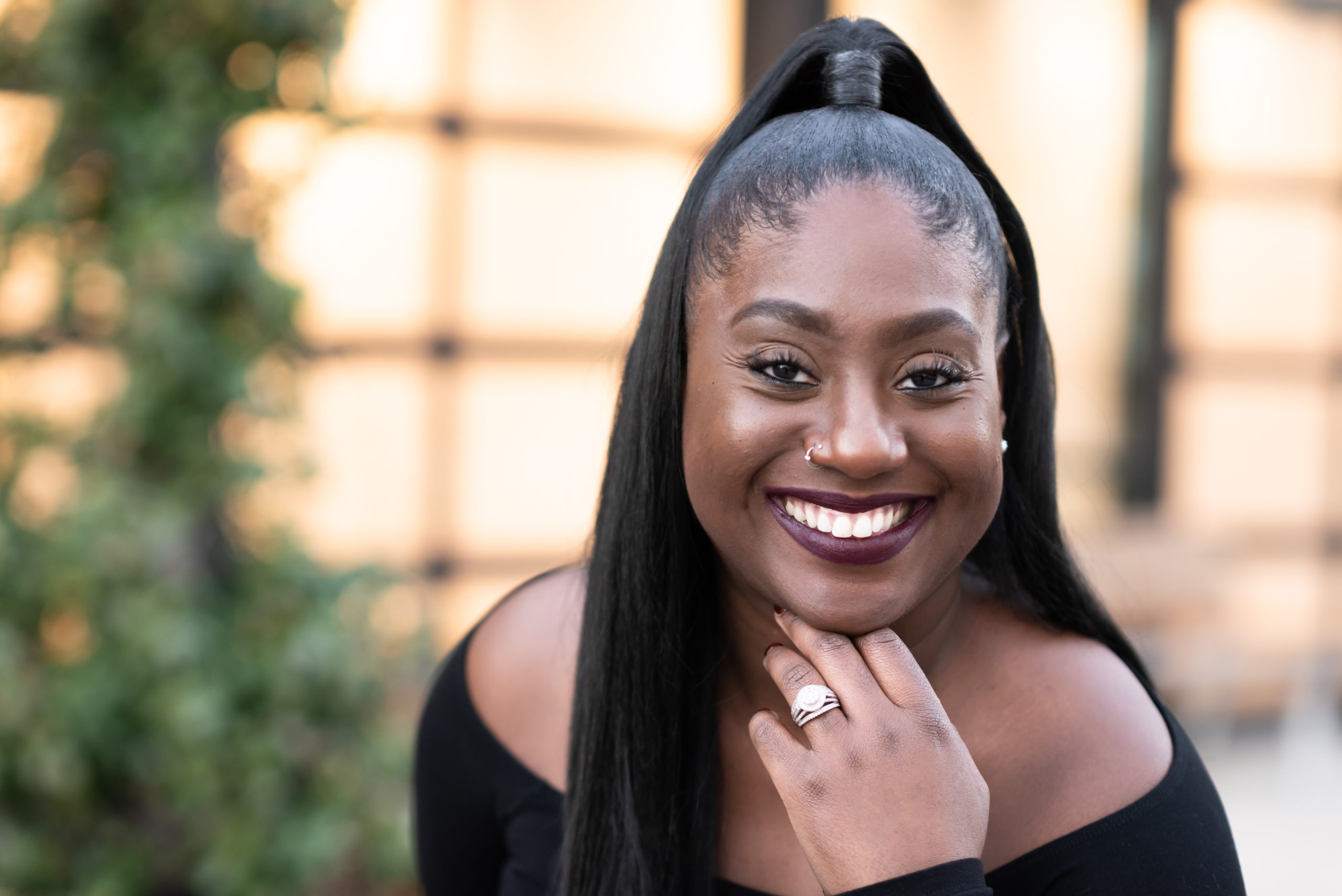
It’s up to us to tell real stories that expose the processes created to keep folks like us out. One example is our first national campaign to get Udoka, a Black gay man fleeing persecution, freed from detention. Not only was he unjustly detained after seeking asylum, but he was also was denied mental health support. We launched a national campaign to not only get him free, but provide additional support for his reentry, including a job and housing. There are not many organizations that do this.
This work is personal for me. I am a Black, queer, migrant woman who spent more than half of my life organizing for equity, gender and racial justice, as well as LGBTQ+ and migrant justice. When I was doing this work, the critical intersections — Black, migrant and queer/non-binary — was missing. We were ignoring indicators for forced migration and why people are migrating in the first place. The U.S. is known as the land of opportunity, but that’s not the whole story. Folks are fleeing to the U.S. because of their gender and sexuality, and those intersections are part of my own identity: I am a migrant who was born in Panama, and come from three generations of Honduran migrants, yet I have never found a space in organizing that spoke to all parts of me.
One thing that has been critical for BLMP is unrestricted funding. It’s difficult to get funding and recognition for a brand new organization while you’re still building your credibility and showing impact. We’re meeting our communities where they are and responding to the need, but funders are interested in long-term policy campaigns. A lot of folks we work with are undocumented and can’t engage or share their stories. We had to start the work from where it was needed and possible, not from what fit into a grant proposal. This is where Solidaire’s support was key. They were there from the beginning, supporting and recognizing the work that we were doing and trusting us and the needs of our communities. They acknowledged stories like Udoka’s, and that this is why the work must continue. Solidaire’s support has allowed us to grow our work and branch out.
Our work speaks for itself. My hope is that funders will be excited to tell others about what we’re doing and not wait for “unprecedented moments” to give unrestricted funding.
Rose Berry is a Steering Committee member and the research project lead for Black LGBTQIA+ Migrant Project, an independent organization, fiscally sponsored by the Transgender Law Center, that centers the power of Black LGBTQIA+ migrants to ensure the liberation of all Black people through community-building, political education, creating access to direct services, and organizing across borders.
Beyond philanthropy: Building community to unpack the impact of wealth, privilege and family legacy
Beyond philanthropy: Building community to unpack the impact of wealth, privilege and family legacy
Regan Pritzker speaks about her journey with Solidaire Network, what inspires her about the community and the impact it has had on her giving.
What motivated you to become part of the network?
I was inspired by Solidaire’s vision of community building around giving and commitment to being responsive to, and to work in alignment with, movements. This was a space to build community — to make connections and create partnerships around our giving — something that I had more often seen in organizing spaces. I was attracted to the fundamental principle of how we need to show up, be present in an authentic way, in order to be in relationship with movements. So much harm has been caused in the name of philanthropy, and Solidaire is trying to disrupt that.
Joining Solidaire made me realize how isolating it can be to be a funder, or a steward of wealth. Having a community to share those experiences, where I can be honest about the challenges of inherited wealth, has allowed me to be more effective in my work.
What inspires you about the Solidaire community? What benefits do you receive as part of the Solidaire Network?
There are numerous benefits I get as both a donor and a member. I have timely access and exposure to movement efforts that I otherwise wouldn’t know about. Weekly, I get to connect with an ambitious group of people during our “Beloved Friday” calls. There are also spinoff opportunities to go deeper and process what we learned. All of these 1:1 connections are so unique to Solidaire because they let you state what you need, what you have to offer and find connections and deepen relationships across specific needs and opportunities. Finally, I have the ability to offer myself in service to other needs that are happening at a broader level, such as partnering with Vini (Solidaire’s executive director) to reach out to other funders and using my platform to organize donors.
On a personal level, being part of this network forces me to be mindful of my presence and actions. Solidaire is a diverse community, but as a white person with wealth privilege, it is important for me to work on my own stuff before I try to show up in support of Black movements. Solidaire members understand what it means to create space through an affinity group that is based on wealth. This connection and this practice help me understand how to use my positional power more humbly and more strategically. Solidaireans as a whole realize that this is an ongoing challenge, so we must continue to work hard on ourselves to figure out how we show up in this donor space and continue to keep relationships with the folks who are doing the work we’re trying to support.
What would you say to other potential donors about the network and why they should join?
Solidaire is a place to build community around philanthropy. Wealth can be so isolating and can create emotional and psychological barriers to showing up fully in this work. Having a community of practitioners who are engaged in that emotional analysis is key. On a practical level, getting access to incredible projects and people — folks directly working on projects within their communities and building a network — is fun, exciting and powerful. If you show up with a goal of personal transformation, it provides a learning space and political home. Whatever you put in, you get out of it. There is room for development if you lean in, are open to transformation and follow the path to where it leads you.
How would you describe your giving journey?
I used to feel like philanthropy was something I was doing on the side as a small part of my money story, but really wanted to embrace the opportunity I had to lean into the wealth privilege I hold and wield it in a way that could be transformative for myself and others.
Before Solidaire, I couldn’t imagine setting up the Kataly Foundation as a foundation that gives away all of its wealth. Being exposed to people’s stories of radical wealth redistribution challenged the assumption that family money is meant to be preserved. Because of this, it was easier for me to step away from a family legacy about wealth and lean into the idea of redistribution to communities of color who have been denied access to wealth because of unjust systems.
Solidaire is bold and acts as a co-conspirator with folks who are closer to the movements. Solidaire is made up of real people and real, personal conversations that move my giving. It doesn’t feel like an organization, but a group of people who are showing up to collaborate, share stories and become a gravitational force in a field that has traditionally been individualistic. We know we are stronger together!
Regan Pritzker is the Board Co-Chair for the Libra Foundation, a family foundation supporting social justice movements that focus on transforming the criminal justice system, environmental and climate justice, and gender justice, and Co-Founder of The Kataly Foundation, a spend-out fund that moves resources to support the economic, political, and cultural power of Black and Indigenous communities, and all communities of color. Regan and has been a member of the Solidaire Network since 2015.
